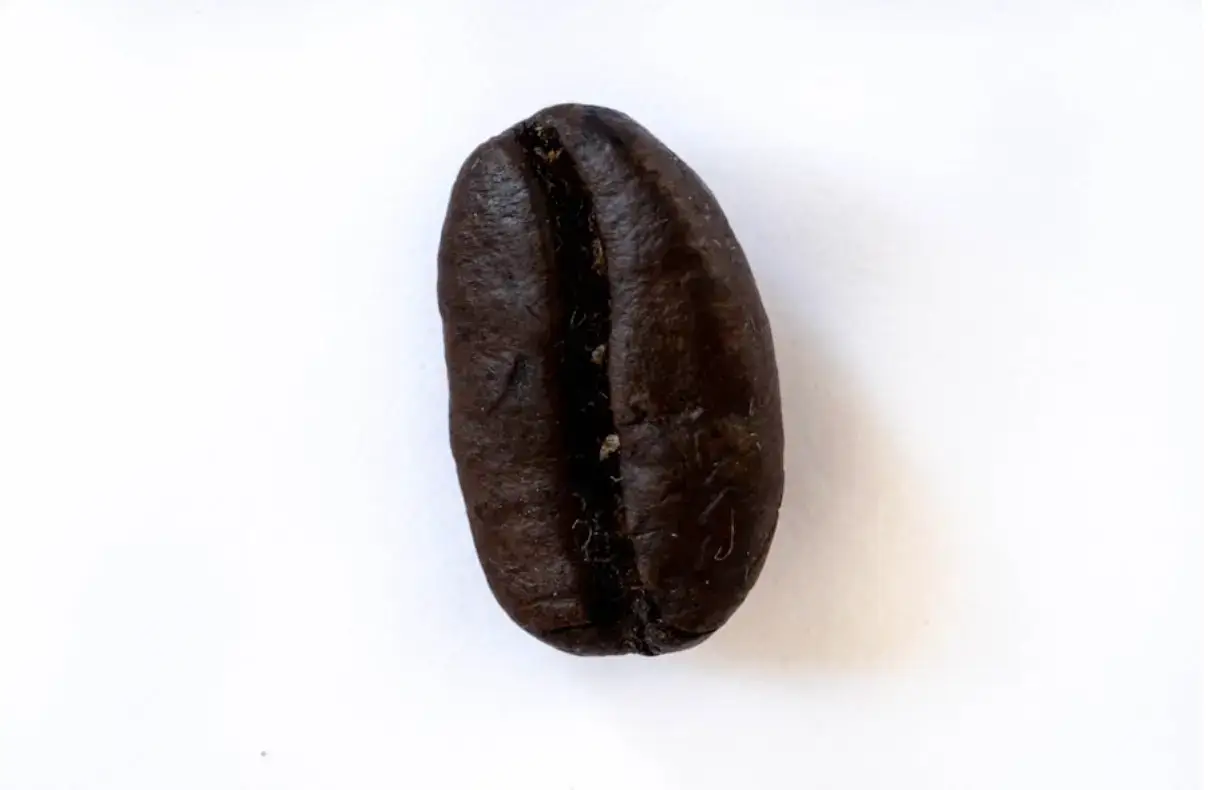Selecting the optimal coffee bean involves considering several crucial factors. A fundamental understanding of the diverse coffee bean varieties is essential, as each type, such as Arabica and Robusta, possesses distinct flavor profiles and characteristics. The roasting process and freshness of the beans also significantly influence the overall quality of the coffee.
The choice of roast level, whether light, medium, or dark, is critical in achieving the ideal cup of coffee. Moreover, deciding between specialty and commercial coffee beans can substantially impact the flavor and overall experience of the coffee.
Understanding Different Coffee Bean Varieties
Arabica: The Smooth and Mild
People can ask what is a coffee bean and which is the right choice. Arabica beans are renowned for their smooth, mild flavor and slightly acidic taste. They are often considered to be of higher quality and are typically grown at higher altitudes, resulting in a more complex flavor profile.
Robusta: The Strong and Bold
On the other hand, Robusta is hard bean coffee and the beans are known for their strong, bold flavor and higher caffeine content. They are often used in espresso blends and have a more earthy and bitter taste compared to Arabica beans.
Choosing the Best Coffee Bean for You
Understanding the differences between these two varieties can help you make an informed decision when choosing the best coffee bean for your preferences.
Factors to Consider When Choosing Coffee Beans
When selecting coffee beans, there are several factors to consider in order to ensure that you are getting the best quality and flavor. One important factor is the origin of the beans, as different regions produce coffee with unique flavor profiles. Additionally, the processing method used to harvest and dry the beans can also impact their flavor.
Whether the beans are washed, natural, or honey-processed can result in different taste characteristics. Furthermore, considering the roast level and freshness of the beans is crucial in determining the overall quality of your coffee. By taking these factors into account, you can make an informed decision when choosing the best coffee bean for your brewing preferences.

Exploring the Roasting Process and Its Impact on Flavor
The roasting process plays a significant role in determining the flavor and aroma of coffee beans. Light roasts are known for their bright acidity and floral notes, while medium roasts offer a balanced flavor with a slightly more pronounced body. Dark roasts, on the other hand, have a bold and smoky flavor with a rich, full-bodied taste.
The duration and temperature of the roasting process can also impact the overall flavor profile of the beans. Additionally, the roasting process can bring out different flavor notes such as caramel, chocolate, or nutty undertones. Understanding the roasting process and its impact on flavor can help you select the best coffee bean to achieve your desired taste experience.
The Importance of Freshness in Coffee Beans
Freshness is a crucial factor when it comes to selecting the best coffee beans for your brewing method. Coffee beans begin to lose their flavor and aroma shortly after being roasted, so it’s important to purchase beans that are as fresh as possible. Stale beans can result in a flat and dull taste, whereas fresh beans will offer a more vibrant and complex flavor profile.
To ensure freshness, it’s best to purchase whole beans and grind them just before brewing. Additionally, storing coffee beans in an airtight container away from light, heat, and moisture can help preserve their freshness for a longer period of time.
Tips for Storing and Preserving the Quality of Coffee Beans
Proper storage is essential for preserving the quality of your coffee beans. Storing them in an airtight container away from light, heat, and moisture can help maintain their freshness for a longer period of time. It’s also important to avoid storing coffee beans in the refrigerator or freezer, as they can absorb odors and moisture that can affect their flavor.
Additionally, where to buy whole bean coffee is important. Smaller quantities of coffee beans at a time can help ensure that you are using them while they are still fresh. In conclusion, choosing the best coffee bean involves considering factors such as variety, roast level, freshness, and brewing method. By understanding these key elements, you can make an informed decision when selecting coffee beans that align with your preferences and desired taste experience.
Whether you prefer a light and floral Arabica or a bold and intense Robusta, there are endless options available to cater to every coffee lover’s palate. Ultimately, experimenting with different varieties and exploring the nuances of coffee beans can lead to discovering new flavors and enhancing your overall coffee drinking experience.
